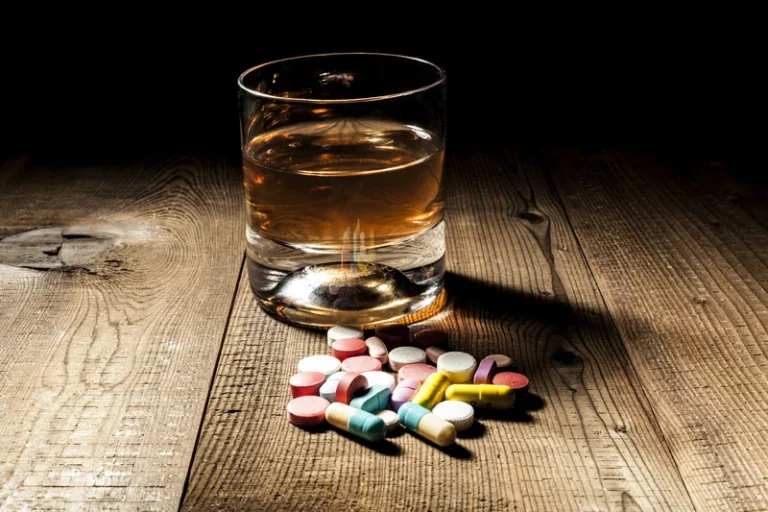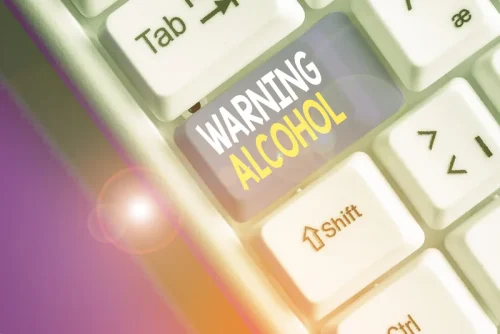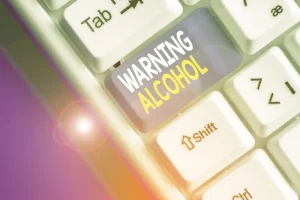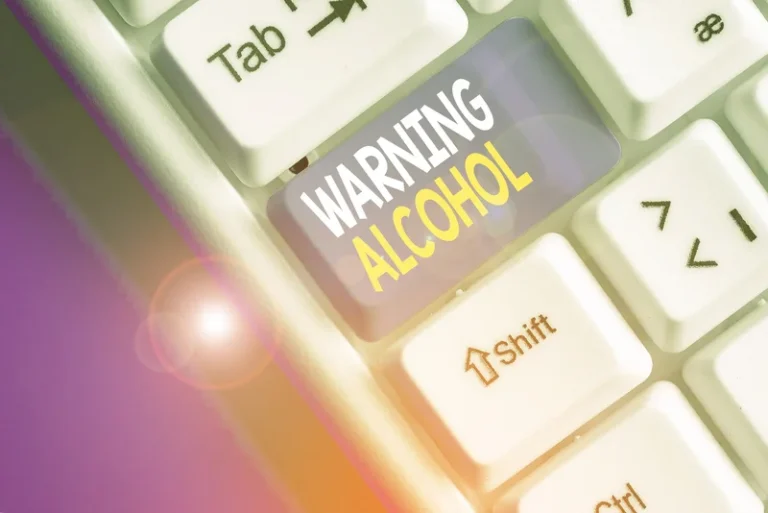
The effect is cumulative, so these effects can worsen the more you drink. Not only are they more prevalent, but skin conditions such as psoriasis are also more resistant to treatment in individuals with alcohol misuse issues (9). As well as making your skin appear visibly older, long-term alcohol consumption may also increase your chances of developing more serious skin health issues, from dermatitis to cancer. Alcohol also affects the production of sebum—a natural oily substance that protects and moisturizes the skin. As alcohol is a strong trigger for lipogenesis (fat synthesis), overconsumption can result in excess sebum production. This can cause oily skin, clogged pores, and acne breakouts, which are shown to be more prevalent among heavy drinkers (6).
- Following the recommended guidelines for moderate drinking—up to one drink per day for women and up to two drinks per day for men—can significantly reduce the risk of skin damage.
- While there are several factors that contribute to the development of acne, alcohol consumption can play a role in exacerbating the condition.
- Adding serums and creams containing retinol can help to encourage a healthy skin cell renewal cycle, acting as a kickstart for aging or tired skin.
- Some of these effects may be positive (15), but more research is needed to fully understand them—and, of course, the alcohol in beer can still lead to general skin issues.
Can a person prevent the effects of alcohol on the skin?

Regularly drinking more than the UK Chief Medical Officers’ (CMOs) low risk drinking guidelines (no more than 14 units a week, with several drink-free days) harms your liver. One of the signs of severe alcohol-related liver disease is jaundice – a yellowing of the skin and of the whites of the eyes. This is thanks to the same enlarged blood vessels that cause facial redness.
How Mindful Drinking Helps Improve your Physical Wellness

Psoriasis is another skin condition that has been linked to alcohol consumption. Psoriasis is an autoimmune disease that causes red, scaly patches on the skin. Alcohol can trigger psoriasis flare-ups and make symptoms more severe. Whether you’re struggling with skin conditions due https://ecosoberhouse.com/ to alcohol use or not, an effective skincare regimen can help address your concerns and have you looking healthy, radiant, and more youthful.
- It’s important to choose a cleanser that has good oil control without being too harsh or drying.
- Abstaining from alcohol is the primary step, but medical treatment and lifestyle changes may also be necessary for liver recovery.
- You should drink enough water, slowly starting to raise the daily amount.
Get Treatment for Alcohol Addiction at Renaissance Recovery
Because cocktails often contain a mixture of syrupy drinks and alcohol, they can be loaded with sugar—and all that extra sugar could mean inflammation, accelerated aging, and acne. While there is no direct relationship between alcohol and hair loss, heavy drinking may lead to other issues that thin out your locks. Well, alcohol intake may lead to night sweats by speeding up your heart rate and widening your blood vessels, triggering the release of perspiration.

Clear spirits like vodka and gin go through rigorous distillation process to remove impurities and they contain fewer additives. ‘Cocktails are usually packed with sugar, additives and colourings, which can trigger spots and impact your complexion (when consumed in excess),’ shares Phillips. If you just want to cut back on your drinking or are sober curious, find ways to have fun and hang out with your friends that don’t include drinking.
- “Alcohol dilates blood vessels, and that will make a red face look redder,” said Dr. Steve.
- If there are too many free radicals for your body to handle on its own, you’re increasing risk for developing many different diseases and skin conditions, including inflammation and premature aging.
- Save your margarita nights for once a week (instead of every day), and you’ll start to see a healthy, vibrant glow return to your skin.
- These effects will subside as your body adjusts to the absence of alcohol.
Dehydration is at the root of many alcohol-related skin problems, so it goes without saying that increasing your fluid intake is an effective way to keep your skin healthy. “The best way to reverse the skin damage caused by alcohol is to increase your hydration. Drinks with electrolytes are better than water for this,” surmises Dr. Karp. Alcohol reduces levels of vitamin A in the body, leading to decreased skin renewal and how alcohol affects your skin repair.
Moving Forward: Tips for Maintaining Healthy Skin in Recovery

Acetaldehyde is thought to cause flushing by stimulating release of histamine. “Alcohol is actually one of the worst, most aggressive compounds to destroy your drug addiction skin,” says New York nutritionist Jairo Rodriguez, who counts designers and Vogue editors among his clients. “I always joke with my patients, ‘If you want to get older, go ahead and drink! ’” Here, Rodriguez breaks down the exact effects of alcohol on the skin, as well as the benefits of giving up alcohol or imbibing more tactfully.